Diwali, also known as Deepavali, is one of the most important Hindu festivals celebrated worldwide. The festival of lights signifies the triumph of good over evil, light over darkness, and knowledge over ignorance. It is a five-day festival that falls in the autumn, typically between October and November.
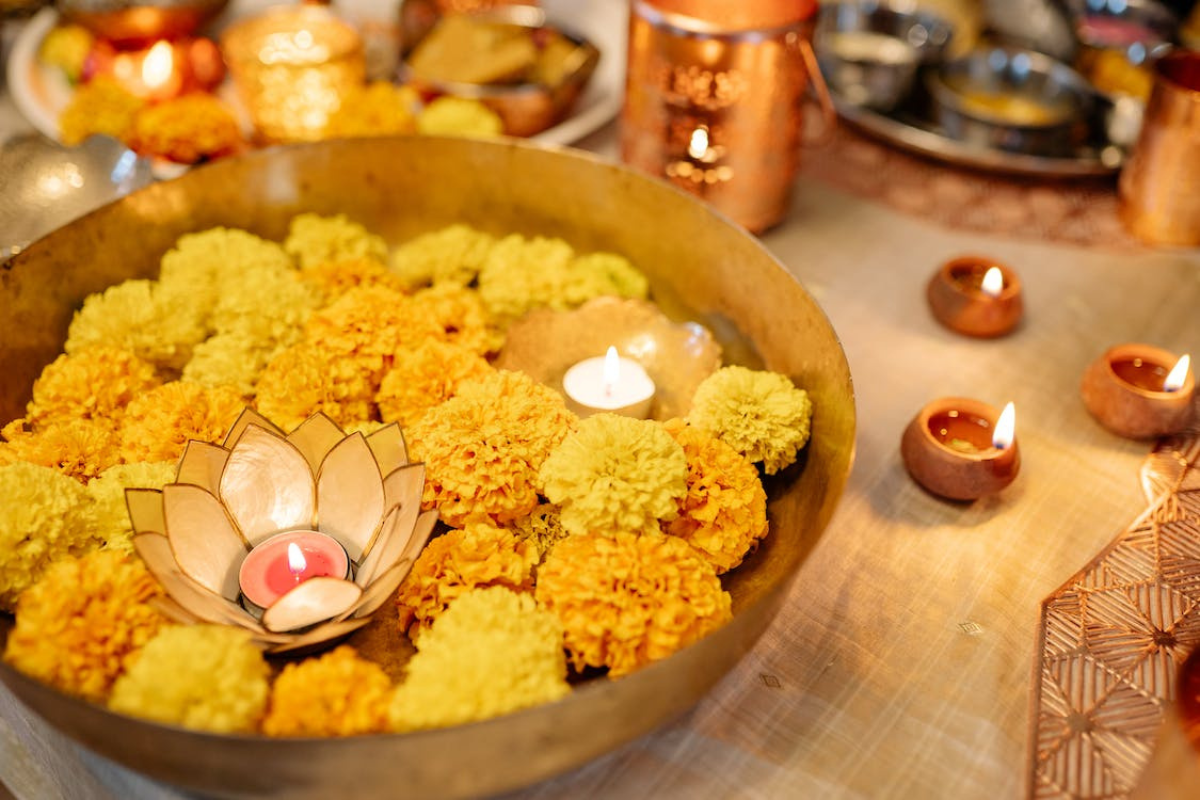
The origins of Diwali can be traced back to ancient India and are associated with various mythological stories. One of the most popular legends is the return of Lord Rama, the Hindu deity, to his kingdom Ayodhya after 14 years of exile. Rama’s journey back home was marked by the lighting of oil lamps, known as diyas, to guide his way. This symbolic illumination represents the dispelling of darkness and the restoration of righteousness.
Diwali is also celebrated to honor Lakshmi, the Hindu goddess of wealth, prosperity, and fortune. People believe that lighting diyas and keeping their homes clean and adorned during Diwali will invite Lakshmi’s blessings into their lives.
The five days of Diwali are filled with festivities, rituals, and traditions. Each day holds special significance. Apart from the core rituals, Diwali is celebrated with a variety of traditions and customs, in which the lighting of diyas, or oil lamps, is the essence of Diwali. They are lit throughout homes, temples, and streets, creating a mesmerizing spectacle of light. Moreover, Rangoli, intricate patterns made from colorful powders, adorn floors and entrances, symbolizing welcome and auspiciousness. Meanwhile, firecrackers are lit, symbolizing the dispelling of negativity and evil.
Diwali is also a time for indulging in delicious sweets and savory dishes, such as gulab jamun, jalebi, samosas, and ladoo. Gifts are exchanged among family and friends, spreading joy and goodwill.
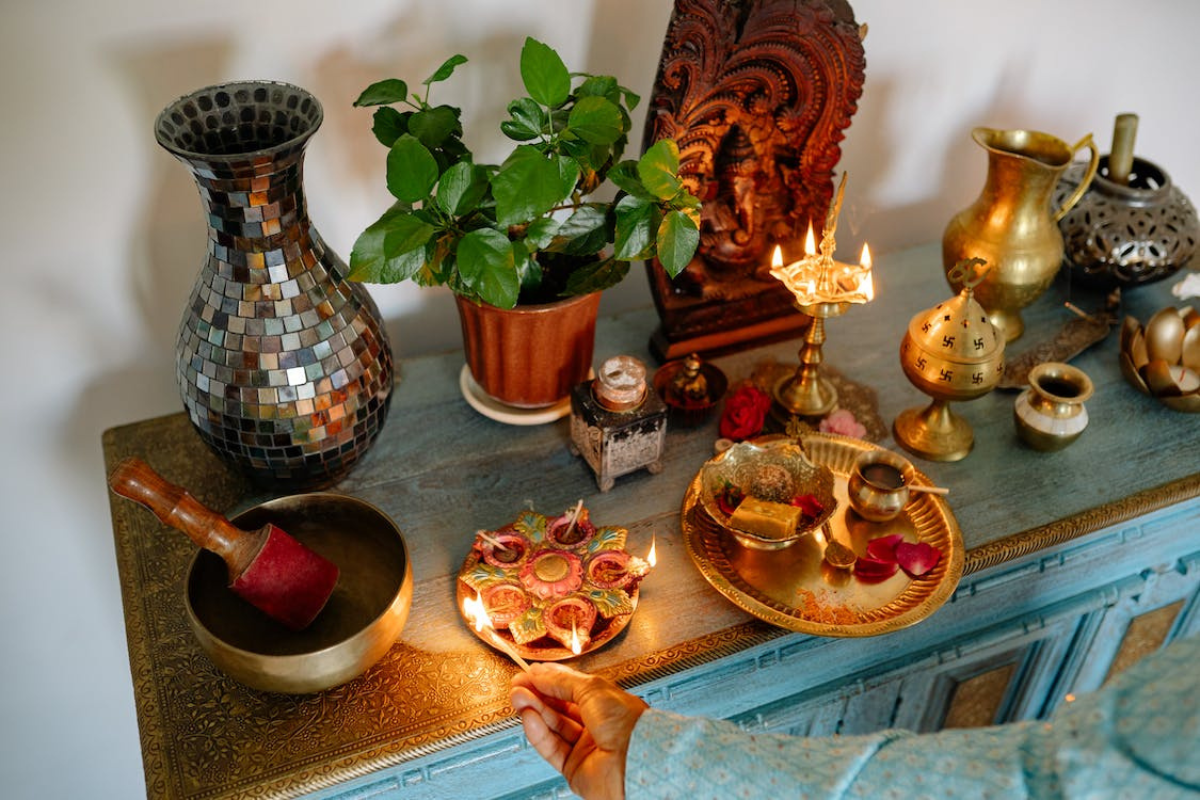
It can be said that Diwali has transcended its religious roots to become a festival of cultural significance, celebrated by people of all faiths and backgrounds. It is a time for family reunions, community gatherings, and spreading the message of light over darkness. The festival’s emphasis on positivity, hope, and the triumph of good over evil resonates deeply in a world often faced with challenges and uncertainties.
Diwali is a reminder that even amidst darkness, there is always light, knowledge, and goodness prevailing over ignorance and evil. It is a festival that celebrates the human spirit, the resilience of hope, and the enduring power of love and light.
Nowadays, many countries around the world, especially Asia, have been celebrating Diwali festivals with many different customs.
Diwali: A traditional festival in India
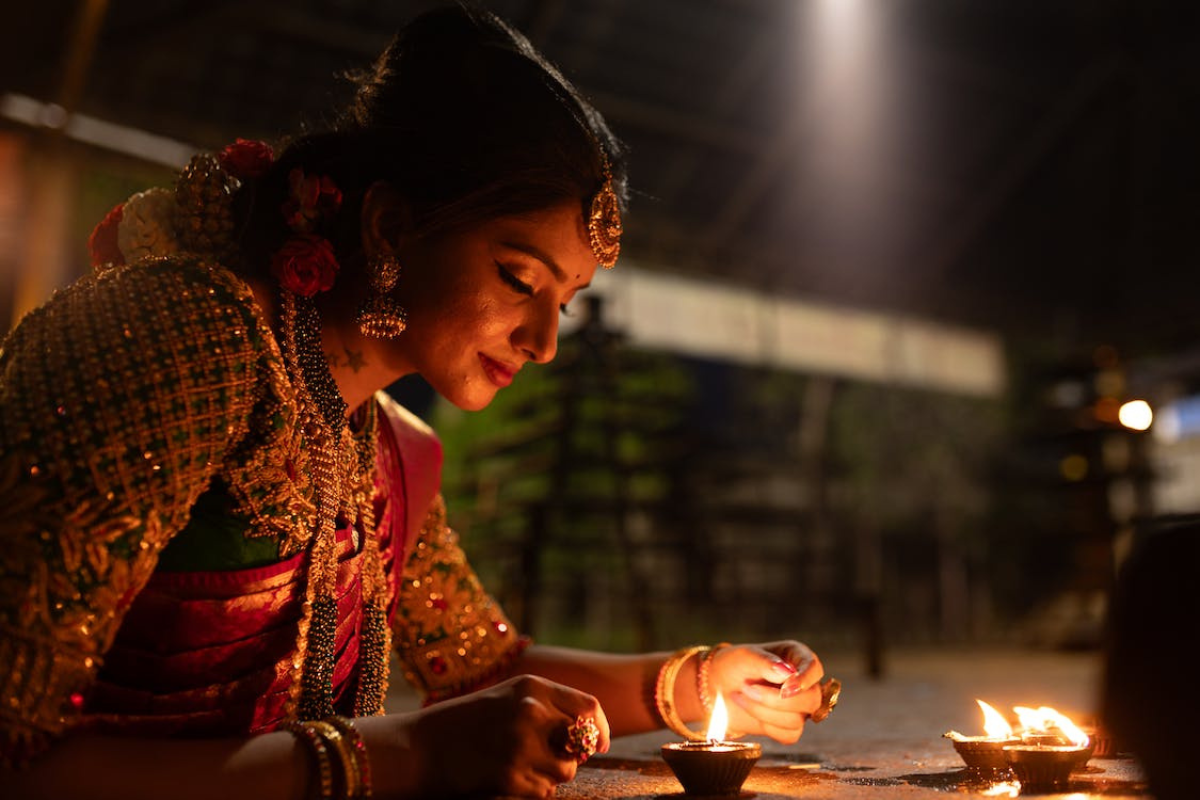
In India, Diwali is a national holiday with immense fervor and enthusiasm. The preparations for the festival begin weeks in advance, with homes being thoroughly cleaned and adorned with colorful decorations. Markets come alive with the vibrant colors of traditional attire, sweets, and diyas.
On the auspicious day of Diwali, homes are illuminated with rows of diyas, creating a magical ambiance. Families gather for special prayers and feasts, exchanging gifts and blessings. The streets are filled with the joyous sounds of firecrackers and the aroma of delicious delicacies.
The festival is also celebrated with a variety of cultural events, including traditional dance performances, theatrical plays, and musical recitals. Diwali is a time for families to reconnect, communities to unite, and the nation to rejoice in the triumph of light over darkness.
Diwali Festival: A special occasion for family gatherings in Malaysia
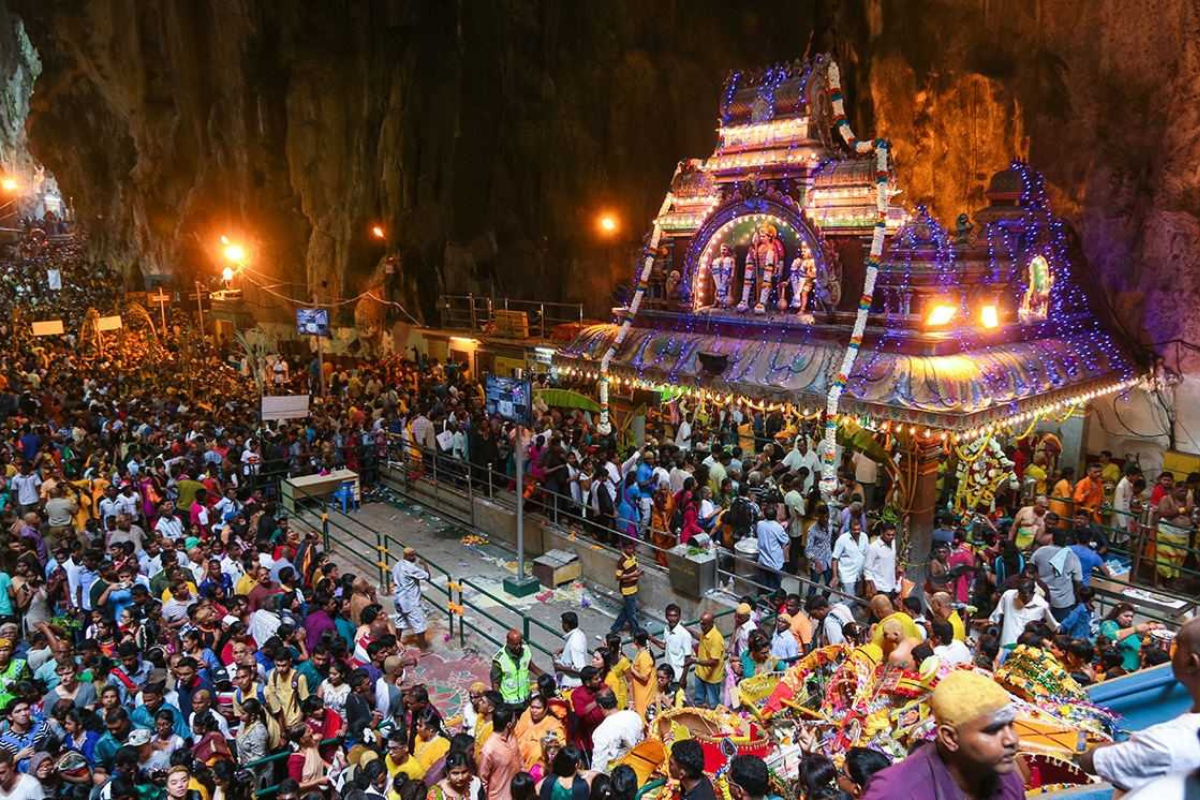
Photo: Holidify
Diwali, known as Hari Diwali in Malaysia, is a public holiday celebrated by the Hindu community. The festival is observed with similar enthusiasm and traditions as in India, with homes illuminated with diyas, and rangoli designs adorning floors, and families gathering for feasts and prayers.
In Malaysia, Diwali is also celebrated with a unique tradition called Urudhi. It is a ceremony where families gather to exchange gifts and offer prayers for the prosperity and well-being of their loved ones.
The vibrant streets of Little India in Kuala Lumpur come alive during Diwali with colorful decorations, traditional food stalls, and cultural performances. The festival is a time for Malaysians of all backgrounds to come together, celebrate diversity, and appreciate the rich tapestry of cultures in their country.
Reflecting the multi-culture in Singapore through the Diwali Festival
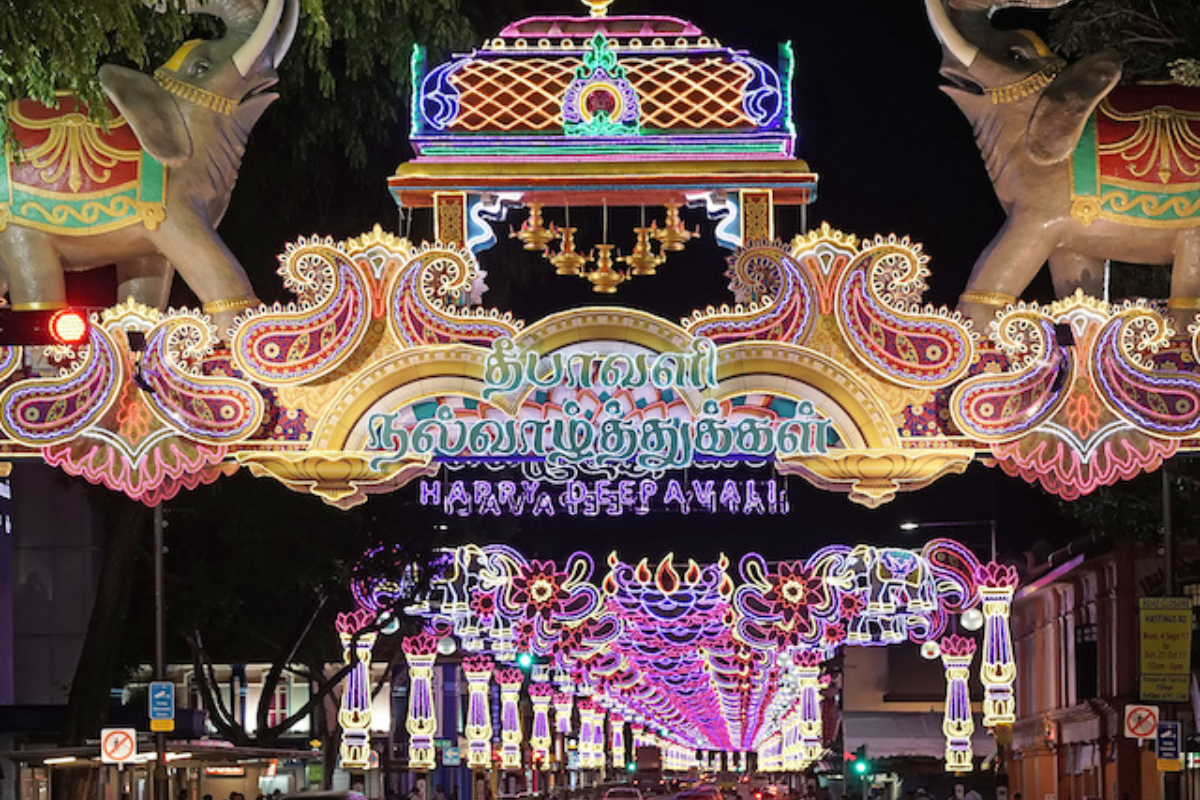
Photo: Visit Singapore
Diwali in Singapore is also a public holiday, reflecting the country’s multi-cultural population. The festival is celebrated with great enthusiasm, especially in Little India, a vibrant neighborhood known for its Indian heritage. The streets of Little India are transformed during Diwali with dazzling illuminations, colorful decorations, and the aroma of traditional Indian cuisine. Temples are adorned with diyas, and families gather for special prayers and feasts.
Deepavali celebrations in Singapore also include cultural events such as dance performances, music concerts, and exhibitions. The festival is a time for Singaporeans to appreciate the importance of light, knowledge, and the triumph of good over evil.

